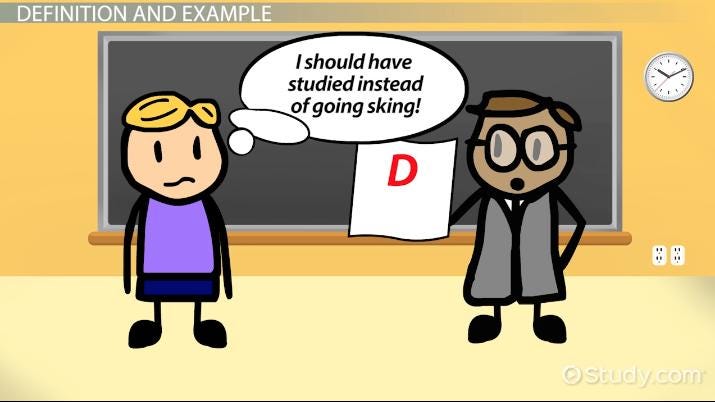Self Handicapping
🧠 Psych - 153/200
Hi Reader,
Would you believe it is the month of April already? Time is flying!
Today, we are talking about Self Handicapping.
What is it?
The process whereby a person creates or chooses obstacles to behavior or a performance setting for the purpose of protecting self-esteem in response to an esteem-threatening situation.
If one fails, then the failure can be blamed on the handicap rather than on (the lack of) one’s innate ability.
If one succeeds despite the handicap, then one can claim extra credit for success because one succeeded despite the impediment to success.
Thus, self-handicapping both protects the person from the implications of failure and enhances the success if one should succeed despite the handicap. [1]
Example:-
Researchers have cited many other examples of self-handicapping, which include procrastination, underachievement (or low effort) etc.
Why do I need to know?
Researchers believe that self-handicapping is caused by feelings of uncertainty about future performance, especially when others have high expectations of success.
Self-handicapping appears to be a self-protective mechanism, protecting one’s self-esteem from the potentially damaging effects of failure while enhancing attributions for success.
Support the newsletter by learning through my book - The Psych Handbook.
References & Studies: -
http://psychology.iresearchnet.com/social-psychology/self/self-handicapping/
https://www.sciencedirect.com/topics/psychology/self-handicapping
Berglas, S., & Jones, E. E. (1978). Drug choice as a self-handicapping strategy in response to noncontingent success. Journal of Personality and Social Psychology, 36, 405-417.
Hirt, E. R., McCrea, S. M., & Boris, S. I. (2003). “I know you self-handicapped last exam”: Gender differences in reactions to self-handicapping. Journal of Personality and Social Psychology, 84, 177-193.
Tice, D. M. (1991). Esteem protection or enhancement? Self-handicapping motives and attributions differ by trait self-esteem. Journal of Personality and Social Psychology, 60, 711-725.
Zuckerman, M., Kieffer, S. C., & Knee, C. R. (1998). Consequences of self-handicapping: Effects on coping, academic performance, and adjustment. Journal of Personality and Social Psychology, 74, 1619-1628.
Psych is a free newsletter that has been running consistently from 2+ years.
I am doing a short survey to know YOU - This won’t take you long.
The Curious Minds - Psych’s first NFT Collection which will get you access to exclusive content and upcoming perks!
Join the community at :-
Youtube - The Brain Psych 🧠
Instagram - Psych (@thebrainpsych)
Looking for previous issues? Take a look at the Archives.


